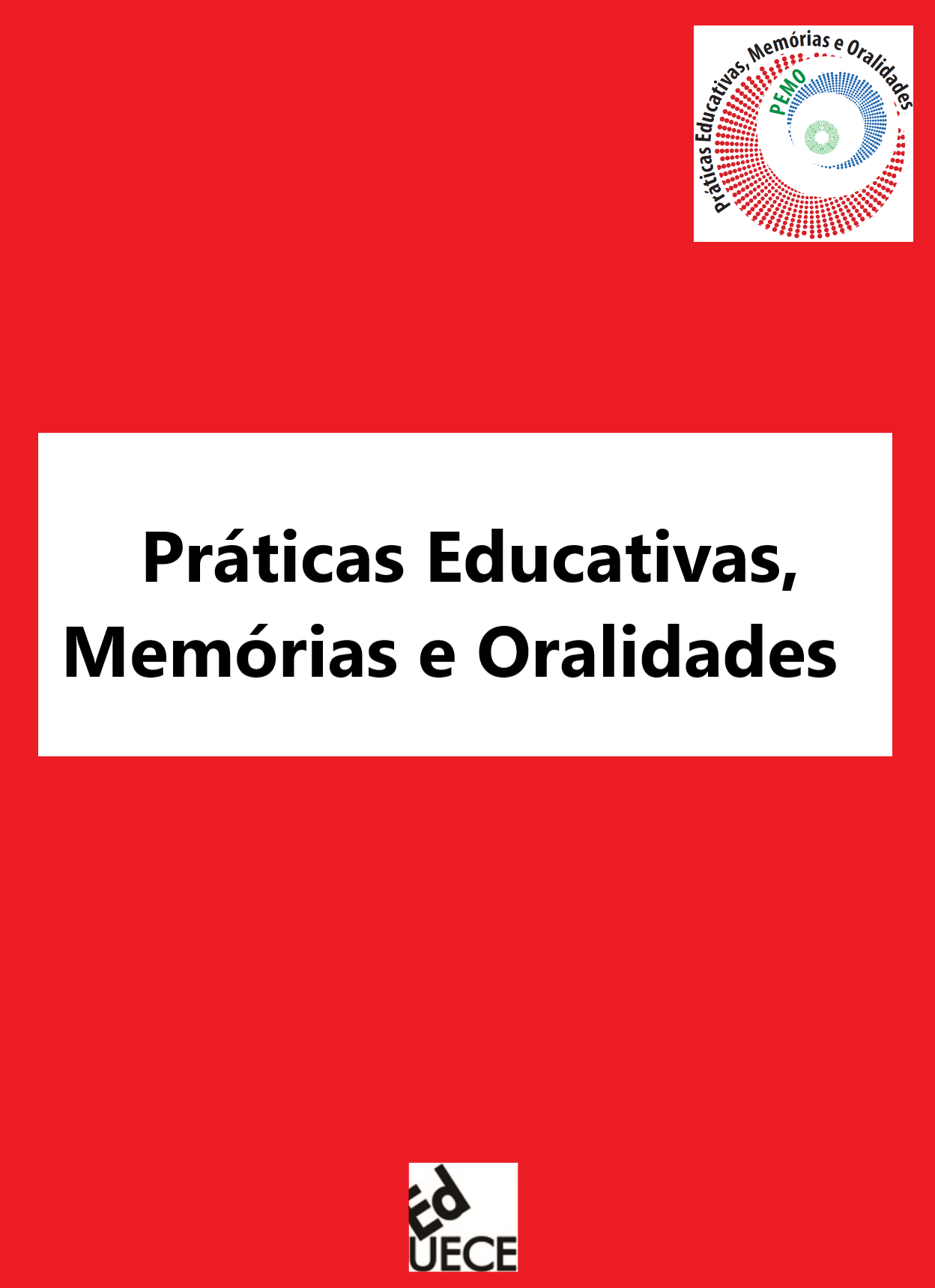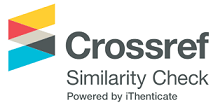Tutoring and teaching identity in distance education
DOI:
https://doi.org/10.47149/pemo.v2i1.3632Keywords:
Tutor, Educação a distância, Identidade docenteAbstract
This text reflects on the diversity of roles that the teacher assumes in Distance Education, highlighting the figure of the tutor. It aims to discuss the teaching identity in the exercise of tutoring in Distance Education. It aims to discuss the teaching identity in the exercise of tutoring in Distance Education. This is a theoretical investigation based on the readings of Alves, Simão and Leitinho (2018), Mororó (2017), Bego (2016), Belloni (2006), Gonzalez (2005), Mattar (2012), Bentes (2009). We also conducted documentary research based on calls for tutor selection from three public institutions in Fortaleza that maintain an agreement with the Open University of Brazil. The readings performed to show that the authors differ as to whether the tutor is considered a teacher or not. However, most consider that the role of the tutor goes beyond the transfer of content, he has numerous teaching duties, and should, therefore, be considered a teacher-tutor.
Downloads
References
ALMEIDA, Maria Elizabeth Bianconcini de. Incorporação da tecnologia de informação na escola: vencendo desafios, articulando saberes, tecendo rede. In. MORAES, Maria Cândida (org.). Educação a distância: fundamentos e práticas. São Paulo: UNICAMP/NIED, 2002.
ALVES, Francione Charapa; SIMÃO, Ana Margarida Veiga; LEITINHO, Meirecele Calíope. Ação tutorial no ensino superior: experiência com alunos Maiores de 23 em uma instituição pública de Portugal. Educação & Formação, v. 3, n. 7, p. 44-65, 2018. Disponível em: https://revistas.uece.br/index.php/redufor/article/view/171. Acesso em: 15 abr. 2020.
ARETIO, Lorenzo Garcia. La educacion a distancia: De la teoría a la práctica. 2ª ed. Barcelona: Editora Ariel, 2002.
BEGO, A. Políticas públicas e formação de professores sob a perspectiva da racionalidade comunicativa: da ingerência tecnocrata à construção da autonomia profissional. Educação & Formação, v. 1, n. 2, p. 3-24, 2016. Disponível em: https://revistas.uece.br/index.php/redufor/article/view/98. Acesso em: 30 abr. 2020.
BELLONI, Maria Luiza. Educação a distância. 4ª Ed. Campinas: Autores Associados. 2006.
BENTES, Roberto de Fino. A avaliação do tutor. In. LITTO, Frederic; FORMIGA, Marco. Educação a Distância: o estado da arte. São Paulo, Pearson, 2009.
BRASIL. Referenciais de Qualidade para Educação Superior a Distância. Brasília, 2007. Disponível em: http://portal.mec.gov.br/par/193-secretarias-112877938/seed-educacao-a-distancia-96734370/12777-referenciais-de-qualidade-para-ead. Acesso em: 21 abr. 2020.
FERREIRA, Aurélio Buarque de Holanda, Miniaurélio Século XXI: o minidicionário da língua portuguesa. Rio de Janeiro: Nova Fronteira, 2001.
FORTALEZA. Projeto Político Pedagógico do Curso de Licenciatura em Pedagogia na Modalidade a Distância. Fortaleza: UECE, 2008.
GONZALEZ, Mathias. Fundamentos da tutoria em Educação a Distância. São Paulo: Editora Avercamp, 2005.
MATTAR, João. Tutoria e interação em educação a distância. São Paulo: Cencage Learning, 2012.
MORORÓ, L. A influência da formação continuada na prática docente. Educação & Formação, v. 2, n. 1, p. 36-51, 2017. Disponível em: https://revistas.uece.br/index.php/redufor/article/view/122. Acesso em: 30 abr. 2020.
OLIVEIRA, Edite Colares et al. Introdução à Educação a Distância. Fortaleza: Sistema UAB/UECE, 2010.
SÁ, Iranita M. A. Educação a Distância: Processo Contínuo de Inclusão Social. Fortaleza: C.E.C., 1998.
VYGOTSKY, Lev. S. Pensamento e linguagem. São Paulo: Martins Fontes, 1987.
VASCONCELLOS, Katia Regina Teixeira; BERNARDO, Elisangela da Silva. Profissionalização docente: reflexões e perspectivas no brasil. Educação & Formação, Fortaleza, v. 1, n. 2, p. 208-222, 2016. Disponível em: https://revistas.uece.br/index.php/redufor/article/view/109. Acesso em: 20 abr. 2020.
JARDILINO, José Rubens; SAMPAIO, Ana Maria Mendes. Desenvolvimento profissional docente: reflexões sobre política pública de formação de professores. Educação & formação, v. 4, n. 1, p. 180-194, 2019. Disponível em: https://revistas.uece.br/index.php/redufor/article/view/848. Acesso em: 20 abr. 2020.
Downloads
Published
How to Cite
Issue
Section
License
Copyright (c) 2020 Antonio Cavalcante Filho, Viviani Maria Barbosa Sales, Francione Charapa Alves (Autor)

This work is licensed under a Creative Commons Attribution 4.0 International License.













